
threesixtyCITY
A NewCities Podcast
As part of our commitment to shaping a healthier, more inclusive and resilient urban future, our podcast shines light on promising solutions and opportunities to address some of today’s most pressing challenges in city-making and design.
Every week we sit down with thought leaders and changemakers to discuss forward thinking ideas and trends driving innovation in cities. From public officials and community organizers to social innovators and ground-breaking researchers, our guests have one thing in common: they experience, understand, and contribute to urban life in meaningful ways.
Season 3:
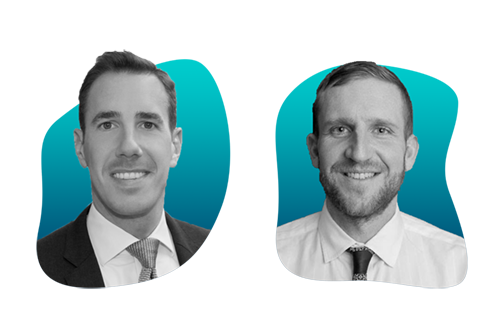
Episode 52
Expanding Access to Micromobility Through Impact Investing with Jeffrey Meyers and Paul Steely White
Advocates of public private partnerships champion their ability to accelerate innovation and hasten the deployment of technology to provide better public services. The Citi Impact Fund is driving change in the mobility sphere by investing in companies that address some of society’s most pressing challenges. Superpedestrian, is one example of the Fund’s portfolio companies working alongside city governments to improve transportation systems as a whole by providing first-and-last mile micro mobility solutions. This week, we’re speaking with Jeffrey Meyers, Director, Citi Impact Fund and Paul Steely White, VP, Public Policy of Superpedestrian, to learn how private capital streams directly support equitable access to safe transportation in cities.

Episode 51
A Roadmap For Economic Justice with Neal Richardson
This Sunday, people all over America will be commemorating Juneteenth; a day to celebrate Black culture, but equally a time to reflect on the ways racial inequalities are still entrenched in our cities. The City of St. Louis, defined by its visible economic divide, has one of the worst racial wealth gaps in the country. To address the inequitable economic conditions across racial lines and zip codes, the city has recently launched a Roadmap to Economic Justice. Today, I’m joined by the Executive Director of The St. Louis Development Corporation, Neal Richardson, to discuss the monumental Framework and how the city is empowering communities from within ahead of Juneteenth.
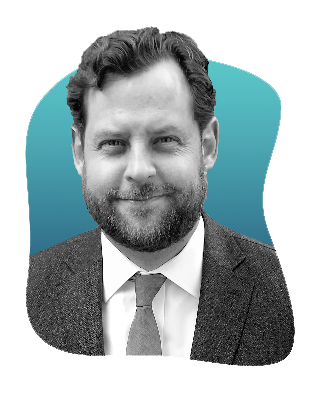
Episode 50
How To Be A Climate Optimist with Chris Turner
It’s a hard time to be a climate optimist. In April, the IPCC reported the world is currently on a path to 3.2 degrees of warming by mid century, well above the 1.5 degrees Celsius target in the Paris Agreement. Last year, 40% of Americans were victims of a climate disaster, and a new report warns of ecological, followed by civilizational collapse, due to warming. Despite that, there are reasons to be hopeful: an astonishing acceleration of renewable energy adoption, for example, and efforts to rewild and regenerate natural landscapes. So here to make the case for a new green urbanism that surpasses the one we already know and love is Chris Turner, winner of the Canadian National Business Book Award, and author of the new book appropriately titled, How To Be A Climate Optimist.
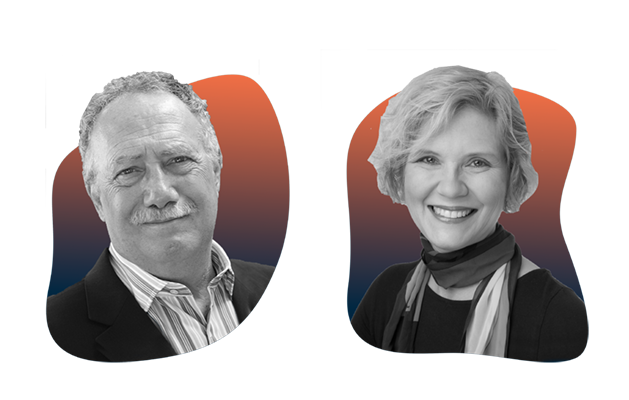
Episode 49
Connecting Suburbia: A discussion between Joel Kotkin and June Williamson
“There are plenty of places where we can certainly densify, but I do think the really important issue now is, once we recognize that the vast majority of the population is not going to be living in core cities, how do we make the suburbs better?” – Joel Kotkin

Episode 48
The Nightingale Model with Maria Yanez
Cities face a dual housing crisis, on the one hand, providing equitable housing at an affordable price, and on the other, designing for climate resilience despite often higher upfront costs. The two dominant housing models we see today–urban compression and suburban sprawl–both contribute to an incredible sense of isolation and increased greenhouse gas emissions. Solving both crises in tandem will require alternative models that holistically address the financial, social, and environmental impacts of housing on people and places. Joining us today is Maria Yanez from Nightingale Housing, a Melbourne-based non-profit that is revolutionizing the way we live together through low-cost, high-performance multi-family housing in Australia.

Episode 47
A Rights-Based Approach To Housing with Leilani Farha
Like many places around the world, housing prices in Canada have skyrocketed over the course of the pandemic—the standard home now costing nearly twice as much as in the US. To tackle the mounting affordability crisis, the Canadian government will spend $10B over the next 5 years on a new housing package that also includes policies such as a two-year ban on sales to foreign buyers in an attempt to cool the market. However, critics argue the measures fail to address the root causes of housing inequity and the realities of the financialization of housing in Canada’s rising housing costs. Today we’re joined by the Global Director of Make the Shift and former UN Special Rapporteur Leilani Farha to discuss the importance of a human rights-based housing strategy and how cities and governments can better ensure adequate and affordable housing for all.
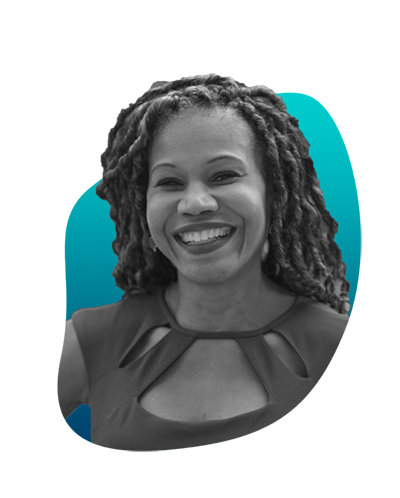
Episode 46
Reclaiming Your Community with Majora Carter
While the narrative has spun around urban exodus over the course of the pandemic—leaving home for quieter, safer, and usually greener places—we neglect to consider the beauty of the hometown. For many Black and Brown Americans, success is measured by how far you can escape the low-income status of the place you grew up. But for Majora Carter, an Urban Revitalist and MacArthur Fellow, the belief is that nobody should have to move out of their neighborhood to live a better one. Today, she joins us to share her story and discuss how sustainable economic development and mixed-use can be powerful tools for retaining bright homegrown talent in the communities that need it most.
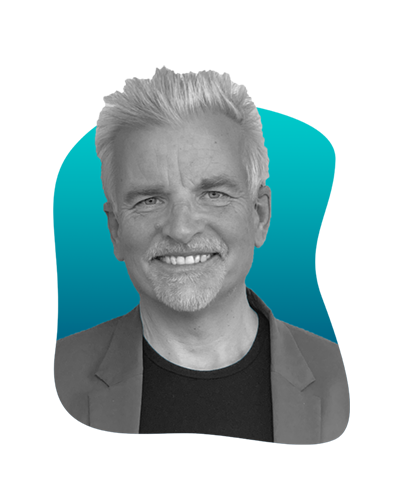
Episode 45
Building For Social Connectedness with Bruce Haden
How we design the built environment has the unique potential to bring people together and combat one of the biggest issues we face in cities: loneliness. However, there is a lack of evidence-based tools to understand how design directly supports social connections, often leaving it aside for other metrics such as building costs. One architecture studio in Vancouver, BC, has created an AI tool to bring sociability metrics to the building design conversation. This week, we’re joined by the Principal of Human Studio, Bruce Haden, to learn more about FLUID sociability and how it’s reducing social isolation through design.
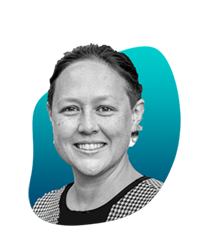
Episode 44
What Downtowns Need To Do To Survive with Tracy Hadden Loh
The end of vaccine passports and mask mandates has led to an appearance of pre-pandemic normalcy in most areas of American cultural life, with one notable exception: no one wants to go to the office anymore. Data from Kastle System, the building security specialist, shows that office occupancy is sitting around 40% of pre-pandemic levels. What is to be done with downtowns and central business districts? Should offices be converted into housing, and how can we rethink flexible office space for landlords? Today we’re joined by Tracy Hadden Loh, the Anne T. and Robert M. Bass Fellow for Transformative Placemaking at Brookings Metro, to get her take on the future of downtown cores and America’s walkable urban places.
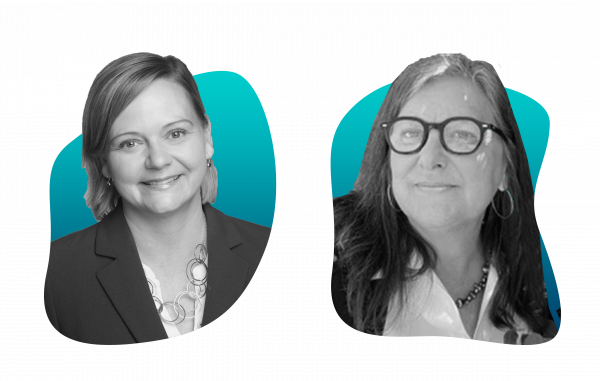
Episode 43
Wellbeing in Action with Julie Rusk and Tara Barauskas
What should it mean to design affordable housing—beyond providing affordable rent? The Brunson Terrace project, located at the heart of one of Santa Monica’s most vibrant and historically disadvantaged neighborhoods, is reimagining affordable housing to address issues of wellbeing and economic resilience.
We talk to two of the project creators, Julie Rusk, Founder of Civic Wellbeing Partners in Santa Monica, and Tara Bauraskas, the Executive Director of the Community Corporation of Santa Monica, to talk about how bringing together housing and businesses can holistically improve community wellbeing.
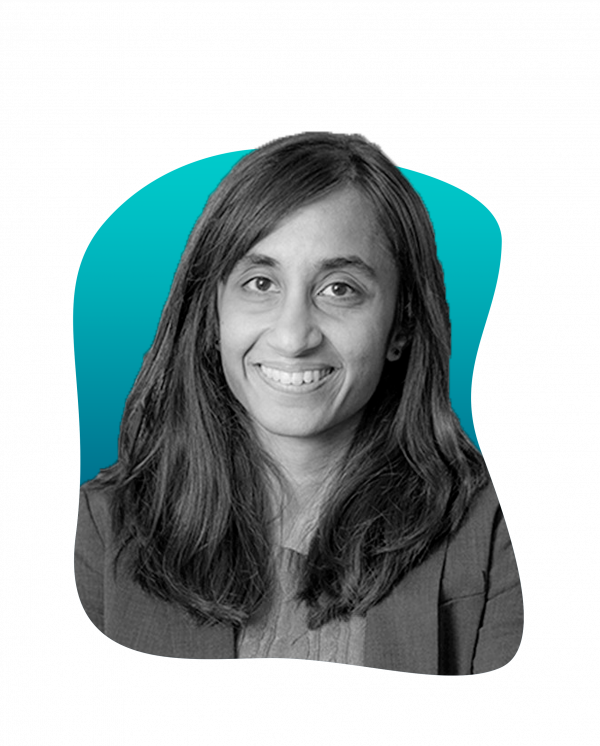
Episode 42
The Net-Zero Transition with Mekala Krishnan
What will it take to decarbonize the world? That is the $3.5 trillion question — the hypothetical cost per year — on top of what the world already spends on energy, mobility, and the built environment — to achieve net zero. How will we get there? How will we pay for it? And who will reap the benefits are all questions raised in McKinsey Global Institute’s new report on the net-zero transition.
Episode 41
AI4HealthyCities Special | Global Dialogues on AI for urban health
Cities face unprecedented health challenges, from the increased demands on health systems due to rapid urbanization to acute dangers posed by the COVID-19 pandemic. Data and digital solutions have the potential to greatly improve population health, but how can we reduce the barriers to the implementation of innovative technologies?
We spoke with AI pioneers from Quebec and Sao Paulo to break down the findings from our AI4HealthyCities Dialogues, an initiative to accelerate collaborations between governments on digital innovations and health, in partnership with the Novartis Foundation.
– Theresa Reiker, Associate Director of Population Health, Novartis Foundation– Cécile Petitgand, Data Access Advisor, Quebec Health Research Fund– Clara Langevin, Project Manager, Artificial Intelligence and Machine Learning, Center for the Fourth Industrial Revolution Brazil Moderated by Marianne Sibaud of ArchDaily
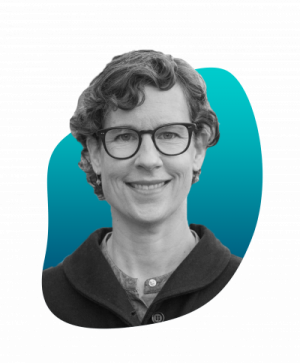
Episode 40
From the Ground Up with Alison Sant
While cities are cluing in to the power of collaboration to fight climate change, much of the transformative action seen today is originating at the community and grassroots level. How can all segments of society work together towards this common goal–since climate change should matter to all of us? This week, we’re joined by Alison Sant, Co-Founder of Studio for Urban Projects and author of From the Ground Up, to talk about examples on the ground and the unique ways in which cities are working to mitigate and adapt to climate change while creating equitable and livable communities.
Like she says, “The best examples of this work bring together the energy of community activists, the organization of advocacy groups, the power of city government, and the reach of federal environmental policy.”

Episode 39
Tech for Social Good with Lindsay Siegel and Jaime-Jin Lewis
“There’s a misconception that an impact-oriented business is looking at this trade off between meeting the needs of the community that they’re trying to serve, and growing through the financial opportunity. If a tech startup is designed in a way that’s rooted in context, in proximate experience, and in a deep understanding of the challenge, then the solutions that you create enable the scale.”
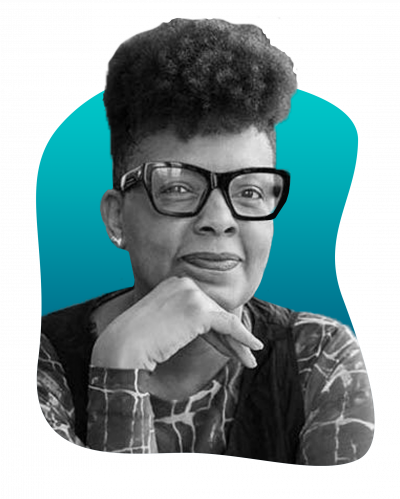
Episode 38
AfroUrbanism For Thriving Black Communities with Lauren Hood
“AfroUrbanism is an attempt to normalize putting culture at the forefront of the work you’re doing in communities of color. There’s totally a lane for LatinaUrbanism, there’s a lane for AsianUrbanism, whatever a majority population is in a community, that culture should lead the planning and development work that happens in that place.
Season 2

Episode 37
Designing Cities That Care with Alexandra Lange
“You can easily start talking about child care policies and put a veneer of care over the work that you are already doing. Or you can really dig in and think about, okay, how is this apartment building that I’m designing actually going to help parents in their day to day lives?”
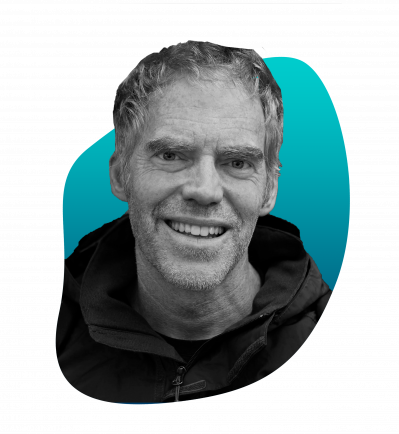
Episode 36
Seeing the Forest for the Cities with Scott Francisco
“Cities know they can’t get to climate neutrality without looking beyond their borders. It’s virtually impossible as a city when you’ve got materials coming in.. We really see this idea of investing in forests and conservation as one of the key strategies for effectively mitigating climate change.”

Episode 35
The Conference To Save The World with Chante Harris
“Most importantly, the people who live on this planet deserve to have real discussions around how we are going to fight the most challenging and pressing problem of our time.”

Episode 34
Streets Are For Everything with Kay Cheng
“The ethos is really that public spaces are about the ideas and aspirations of the public themselves. Not us telling them what the street should be, but really inviting that creative commons to display out in the public realm.
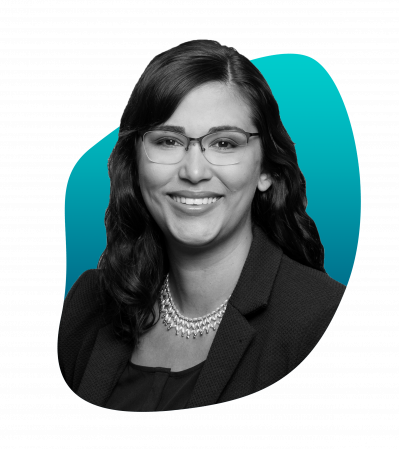
Episode 33
The Climate Disaster in Your Backyard with Daryl Fairweather
“About three-quarters of homebuyers say that they consider climate change when deciding where to live. But then when you actually look at where people are moving, Miami, for example, was the number one migration destination in our Redfin data this last quarter.

Episode 32
Whose Streets? Our Streets! with Rebecca Williams
“The most threatening part [of smart city surveillance] is being able to track individuals, which creates a new power dynamic. Even though we considered public space as quasi non-privacy zones in the past, people wouldn’t recognize you if you walked to the store, unless you ran into somebody you knew.
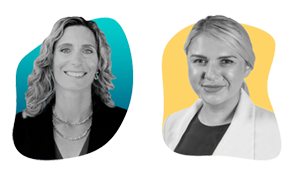
Episode 31
A Pledge For Women In Mobility with Laura Chace
In this special collaboration with Women Who Move Nations podcast by UITP Australia and New Zealand, host Michelle Batsas speaks with the co-founder of Mobility XX, Laura Chace, about the organization’s pledge to increase the number of women in mobility by 10% over the next 10 years.
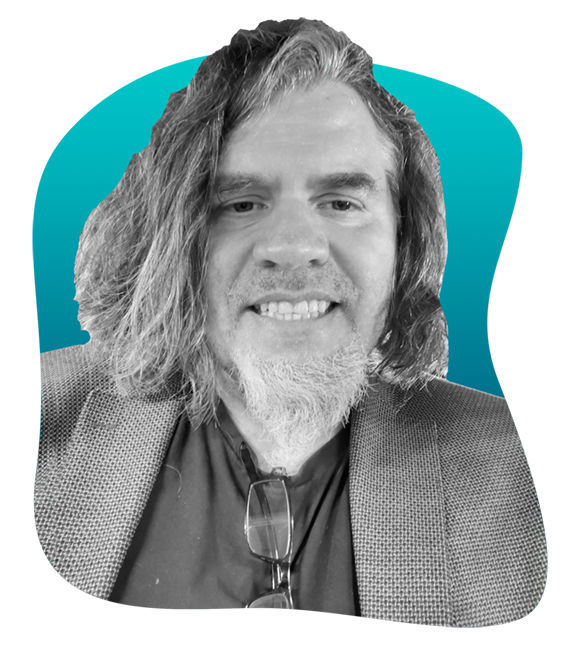
Episode 30
Curbing Air Pollution with Jeffery Smith
WHO consultant and environmental health expert Jeffery Smith joins us to discuss how cities can use the clean energy transition not only to help fight climate change but also to capture the full range of air pollutants that put urban health at risk.
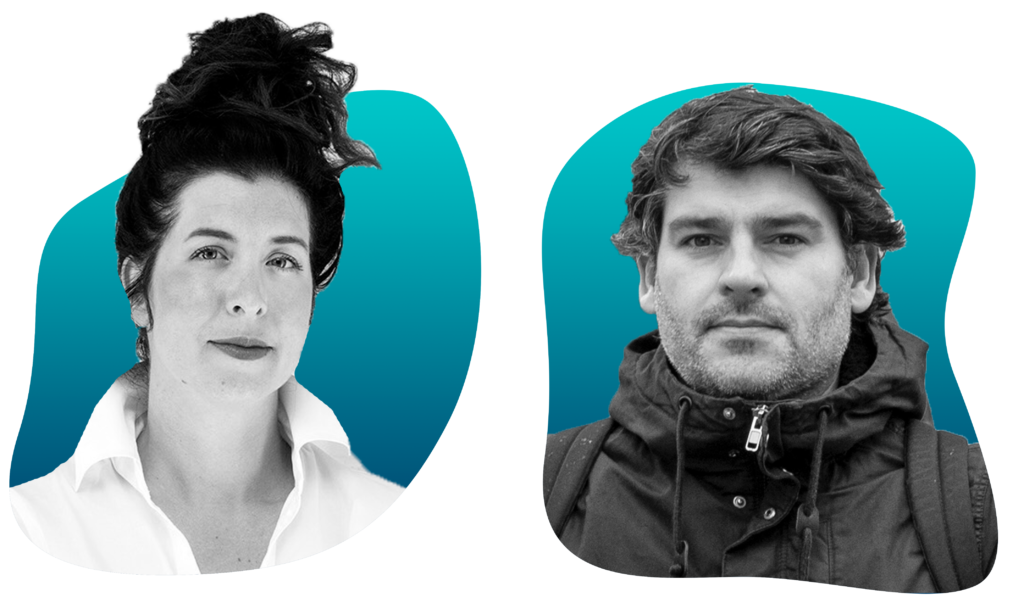
Episode 29
Middle Cities with Anne Surak and Iker Gil
We’re joined by Exhibit Columbus director Anne Surak and co-curator Iker Gil to discuss all things middle metropolis — from demographics to technology, climate change, and of course, the pandemic — and what cities have to learn from Columbus.